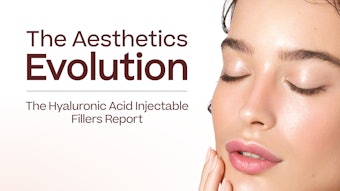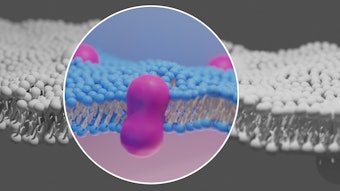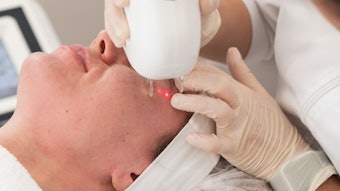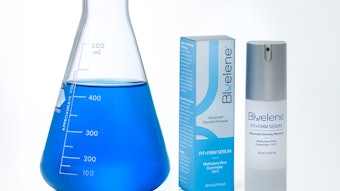
Covid-19 has changed myriad aspects of daily life, and one of these changes includes the public's interest in elective plastic surgery during the pandemic. A study, published in Aesthetic Plastic Surgery found that while many medical spas and private practices had to close their doors or work at limited capacity during the pandemic, consumers' interest in aesthetic surgery increased during this same time period.
Pandemic Plastic Surgery Study
The study, led by Aatin K. Dhanda, M.D., department of Otolaryngology Head and Neck Surgery, looked at the popularity of elective procedures based on search engine results. Google Trends, a tool that analyzes the relative interest of popularity of a search term on a scale from 0 to 100, was used to analyze 10 terms related to aesthetic plastic surgery or cosmetic medical procedures from Jan. 1, 2020 to July 10, 2020. The focus of the analysis was on facial plastic surgery.
The study also provided context in terms of when Covid-19 was declared as a pandemic in accordance to the World Health Organization (WHO). WHO named Covid-19 as a pandemic on March 11, 2020, but restrictions varied widely across the U.S. New York State and City, considered one of the epicenters for Covid-19 in the U.S., put "stay-at-home" order in place starting March 20, 2020, and these stayed in place until June when more relaxed stay-at-home orders were put into place. The study notes that these stay-at-home orders suspended elective surgeries.
Google Trends Results
While there was a dip in interest in elective plastic surgeries in March and April, Google Trends is showing that popularity for these types of searches have increased to pre-pandemic levels as of recently. More specifically, it showed that from February to April interest dropped roughly 15 points.
However, beginning in May, the relative interest began to rise and eventually exceed the levels that were seen during January and February. Certain terms showed large variances between months including Botox, which saw a 42 point decrease from February to April (77.1 to 35.6). Other terms like chin augmentation showed only a four point decrease during this same time period. Interestingly, in July consumer interest in liposuction had jumped more than 25 points higher than before stay-at-home orders.
Now that quarantine and stay-at-home orders are lifting there is an even larger increased interest in aesthetic and cosmetic procedures. One hypothesis of this includes that people are becoming acclimated with the "new normal," which is causing them to have an interest in nonessential services again as they once did before the pandemic.
"Many cosmetic procedures have rightfully been put on hold during this pandemic either by patients themselves or their physicians, but physicians should be aware that public interest in aesthetic and cosmetic procedures is as strong as before strict national measures were implemented. This provides an opportunity for physicians to connect with their patients, perhaps providing tele-health consultations or other services until certain that in-person procedures may be performed safely," the study stated.











